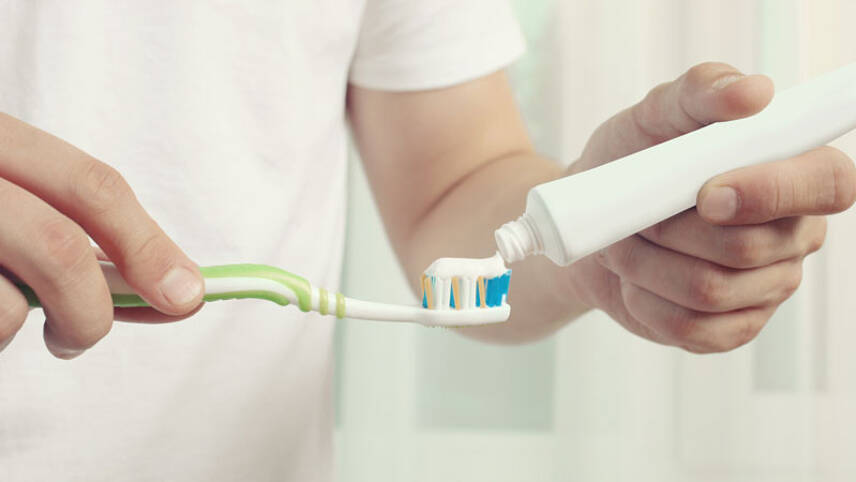Register for free and continue reading
Join our growing army of changemakers and get unlimited access to our premium content

The Plastic Soup Foundation estimates that 90% of cosmetics and personal care products contain microplastics
This would bolster an existing ban on ‘wash-off’ plastic microbeads in bathroom products like exfoliating scrubs, which came into force in 2018.
The EU moved earlier this year to implement a total ban on all kinds of microplastics in fast-moving consumer goods (FMCG) including cleaning products, cosmetics and personal care products. This ban does not apply in the UK due to Brexit.
The Plastic Soup Foundation estimates that microplastics – plastics which measure less than five millimetres in diameter – are present in nine in ten cosmetic and personal care products including lipsticks, nappies and deodrants.
The I newspaper has reported this week that the UK may look to follow the EU’s lead on microplastics. Reporters at the title were shown leaked document from the Department for the Environment, Food and Rural Affairs (Defra), indicating that the Department is seeking analysis on the environmental and human health impacts of microplastics.
Ministers are also preparing for a wider consultation, the I reports, on the design of an effective ban. There are concerns about asking businesses to invest in changing product formulations as the energy price crisis rolls on. Questions around the level of public and private funding needed remain to be answered.
A Defra spokesperson told edie that the report does not necessarily mean a ban is imminent. Instead, it related to an “evidence-gathering project” to inform future policy development.
They said: “The Government routinely gathers evidence on a range of microplastics in products – that does not mean we plan to ban them.”
The spokesperson emphasised the UK’s participation in the high-ambition coalition of nations in negotiating the UN’s forthcoming global plastics treaty. Due to be finalised in 2024, the treaty will be legally binding and set out measures to reduce plastic pollution at all parts of the plastic life-cycle.
Reacting to the news, Common Seas co-founder and chief executive Jo Royle said:“While progress might finally be made, the timing of the UK’s decision to consider a microplastic ban is long overdue. Earlier this year the EU already implemented a comprehensive ban, and Ministers here are still stuck in the discussion phase.
“Ahead of the third round of negotiations for a legally binding global plastic treaty in Nairobi this Autumn, the UK should lead by example and demonstrate firm action against the plastic problem. It is time to move forward with a robust policy to protect human and planetary health with a complete ban on harmful microplastics.”
Microplastics challenge
Globally and in the UK, the two largest sources of microplastic pollution are believed to be tyre abrasion and synthetic clothing. Most clothing sold on the high-street is now either fully or partially made using synthetic fibres, which shed when washed. The UK and EU are looking to mandate microplastic filters in new washing machines.
Microplastics in FMGC, however, get a lot of attention due to concerns about their potential impacts on human health because these products often come into contact with the skin, or are ingested. A study published earlier this summer confirmed the presence of microplastics in human hearts for the first time.


Please login or Register to leave a comment.